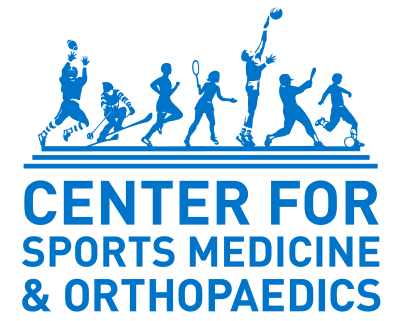Brian Conrad, 17, has struggled with chronic back pain for the past two years.
How did your chronic back pain begin?
Brian: I don’t know how it started – I assume genetically, as my dad has had four to five back surgeries. But over the past two years, since I was a freshman in high school, I noticed chronic back pain, inability to participate in sports and I struggled with school. The last six months were probably the roughest for me— I was taking five dual enrollment courses and ended up having to withdraw from all of them, basically putting my senior year of high school on hold. We couldn’t get any answers as to how to fix my back problem.
How many other doctors or surgeons did you consult before arriving to Center for Sports Medicine?
Kimberly: I think it was nine total. We even traveled to Boston Children’s and they still have not gotten back with us. We spent more money out of our pocket to search for the best doctors in the country, and one’s that knew about his primary immune deficiency as well.
Brian was diagnosed at six with primary immune deficiency, which a lot of doctors get scared off by—we don’t know if that’s what happened or if they weren’t capable of fixing his back. We felt like we would get vague answers; we would sit in doctor’s offices for hours at a time. From Aventura, Florida to West Palm Beach, we saw over nine different pediatric and adult neurosurgeons.
Brian had facet-joint injections, epidural injections and physical therapy. No one ever prescribed pain medication because of the opioid epidemic. For the last six months, he was basically left with no quality of life. Some of the best hospitals in the nation wouldn’t help my son.
Dr. Hodges was one of the first ones that we reached out to back in July or August – as one of the doctors from the University of Miami said Brian would need an artificial disk—and Dr. Hodges was one of the best in the country according to Becker Spine Institute Magazine. He gave us a 45 minute consultation over the phone, never asking for a dime, and he advised us to not go through with fusions as there were severe risks and Brian was too young to go through that without trying something less invasive first. We were blown away by Dr. Hodges honesty, compassion and character.
We ended up seeing all these other surgeons, which left us nowhere or passing us around to their partners. We felt that there was a lack of trust, and we don’t want to be passed off; we’re not a number, we are a family, a person with a life and a story. We wanted somebody who was going to see us through it, have compassion, treat us like family and make sure we have the best outcome. There are always risks that it’s not 100 percent, we are still in that game, but so far we’ve gotten exactly that; five-star service and compassion between CHI Memorial, Dr. Hodges and his team. When it came down to it, everyone else has said “no” or suggested something that’s too radical.
Only two days after surgery, Brian is up and walking, which I am amazed at.
Dad Answer: The staff was just incredible; from the lady at the front desk helping us to Marcus James orchestrating different things, and to the pre-surgery interviews with the anesthesiologist and the nurses—everyone took the time to answer our questions and listen to any concerns we had. Incredible. I haven’t seen that kind of service in a long time.
Kimberly: they didn’t rush us out of recovery and they were so patient. They came in and checked on us several times to make sure that he was able to go home and they’ve called us several times since and asked how he’s doing.
Dad Answer: With your child, you are nervous anywhere and when you’re traveling out of state it just adds more stress, but just from this experience, I wouldn’t mind moving to this town if this is how all the doctors are here. The care and compassion here is incredible.
Kimberly: It (the care) was so old school. People may say old school is bad, but when it comes to medicine, I don’t think so.
Dad Answer: Yeah, technology is great but you have to have compassion.
Brian how are you feeling out-look wise?
Brian: There is a renewed sense of hope for recovery just because of the fact that less than 24 hours after recovery I was able to walk a mile or two and for the first time in six months I was able to sleep an entire night through and actually get seven to eight hours of sleep. This has been the perfect timing for me to go back to college and finish my education. For a while, there was a time when I didn’t think I’d be able to get back to normal activities, as far as being able to exercise again, but now I’m seeing how quickly the recovery is and how little pain I am in after 36 hours. To go from a level nine pain, to a four, there’s definitely a sense of optimism that I could be pain-free.
What are you going to school for?
Brian: Computer engineering.
Kimberly: He got accepted into three universities and we are waiting on two more. He worked really hard and he already has 27 college credits. This year has been a wash so far but we’re hoping to dig in in January and make up a little of that time.
Will you have follow-ups with Dr. Hodges up here or will you go back to Florida?
Kimberly: Actually, we’re heading back to Florida if everything goes well within the next 24 hours. Marcus is going to assist us by coordinating with Brian’s primary care doctor and make sure that his incision is good, and then assist in taking the sutures out after two weeks. Dr. Hodges said he would keep contact if we had any questions about what Brian can and cannot do; he said to just text him and he would get back to us. Based on our communication up to this point, we can rest assured that that’s going to come through too and that is important.
This experience has changed my perspective. I used to think there were great hospitals right down the street from me, but they’re overcrowded and they have a bureaucracy that allows people to fall through the cracks. I don’t want to make a decision based on convenience or just being uneducated and accepting the doctor as the expert entirely; you have to do your homework and think about what you value. To me, character means a lot—equal to an education. I think that education, schooling and technology are all wonderful, and always go there first, but you have to think about the follow-up because that is where so many doctors drop the ball with their patients.
Brian: My sciatica and urology issues have been healed, but the most important thing is that we as a family learned on this journey to healing that Jesus provided the most capable surgeon, Dr. Scott Hodges, with the most compassionate, skilled team. Waiting on the Lord’s timing isn’t always easy. But when God is for you, who can come against you?”

